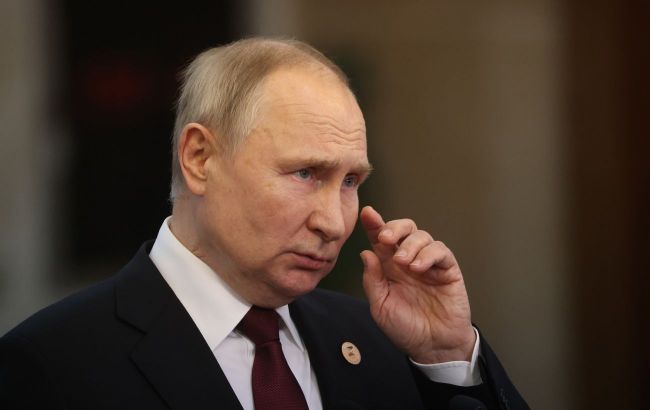Mongolia officially designated violator for refusing to arrest Putin
 Photo: Vladimir Putin, Russian President (Getty Images)
Photo: Vladimir Putin, Russian President (Getty Images)
The Pre-Trial Chamber II of the International Criminal Court has confirmed that Mongolia's refusal to arrest Kremlin chief Vladimir Putin constitutes a disregard for its obligations. Therefore, the case will be reviewed by the Assembly of States Parties to the Rome Statute, according to the ICC press service.
According to the decision of the Pre-Trial Chamber, Mongolia failed to comply with the ICC's request for cooperation, contrary to the provisions of the Rome Statute. This move by Ulaanbaatar hindered the Court's ability to carry out its functions and powers.
"In view of the seriousness of Mongolia’s failure to cooperate with the Court, the Chamber deemed it necessary to refer the matter to the Assembly of States Parties," the ICC statement says.
The Pre-Trial Chamber also emphasized in its decision that state immunity does not justify ignoring an arrest warrant.
"States Parties and those accepting the Court's jurisdiction are duty-bound to arrest and surrender individuals subject to ICC warrants, regardless of official position or nationality," the ICC press service notes.
Refusal to arrest Putin
In early September, Russian President Vladimir Putin visited Mongolia. The Kremlin leader was not afraid to travel there, even though Mongolia ratified the Rome Statute back in 2003.
In 2023, the International Criminal Court issued an arrest warrant for Putin, which means that all countries that ratified the Rome Statute are obliged to comply with such a decision.
Ulaanbaatar ignored its obligations, prompting a sharp reaction from Ukraine.
Read more about Mongolia's move in the material by RBC-Ukraine.

